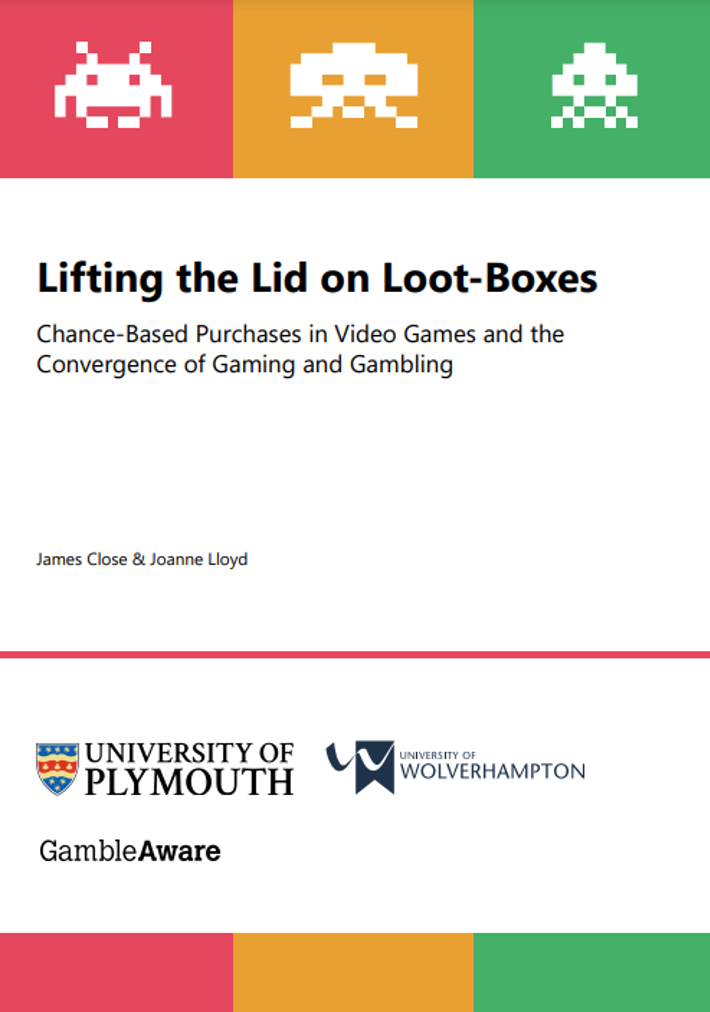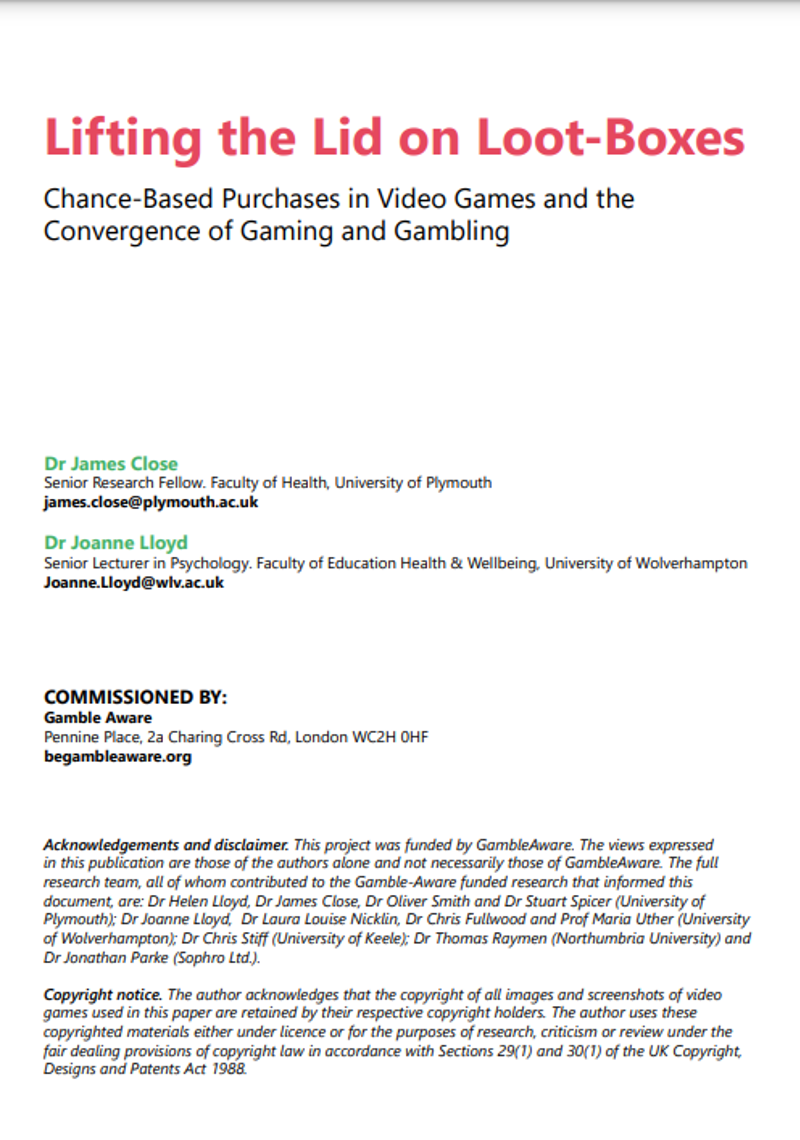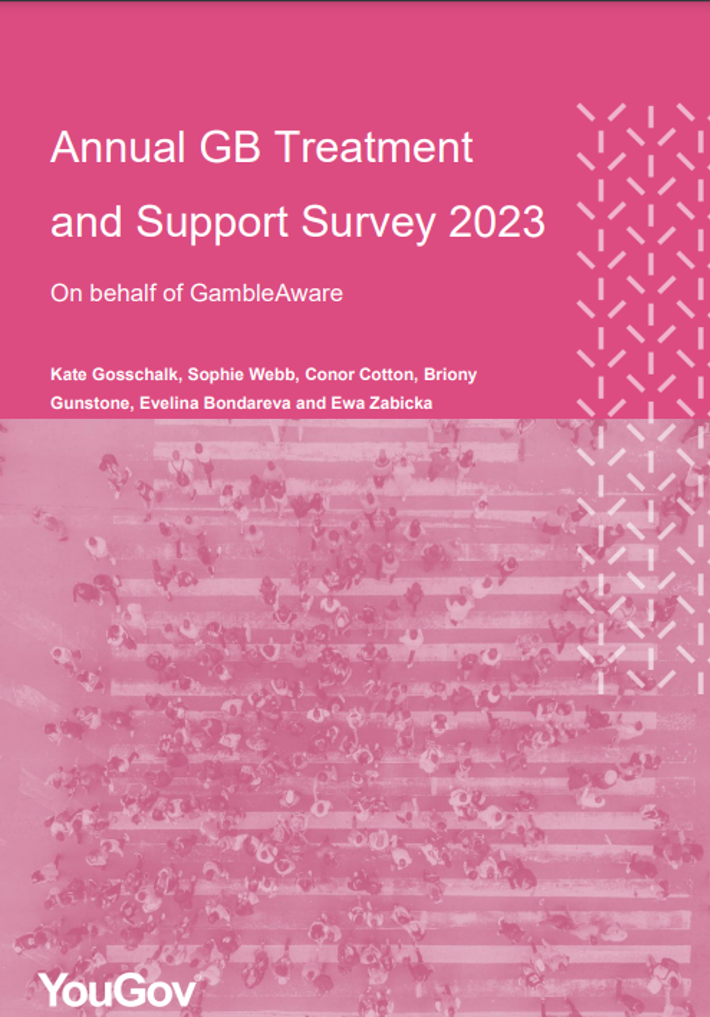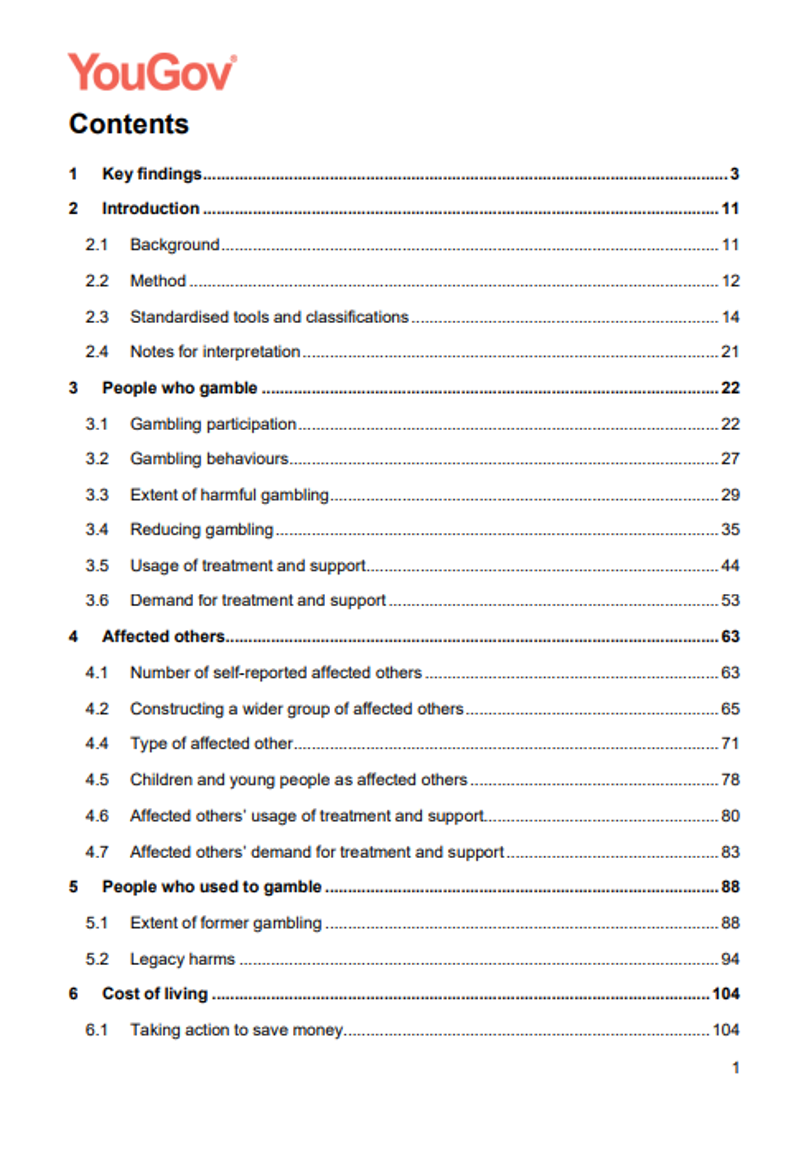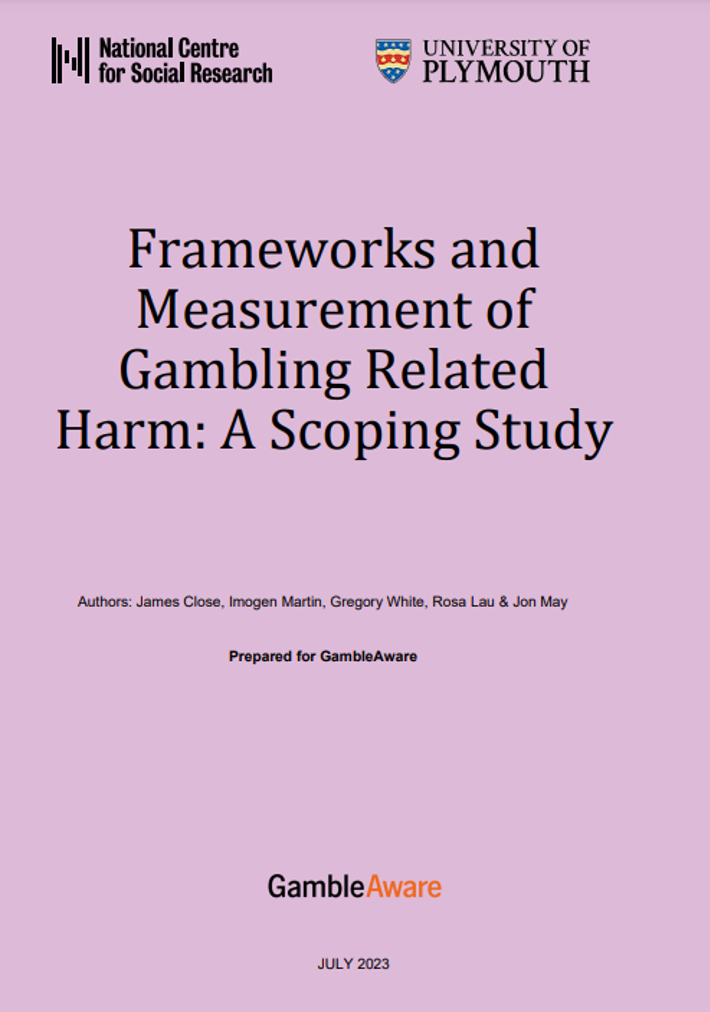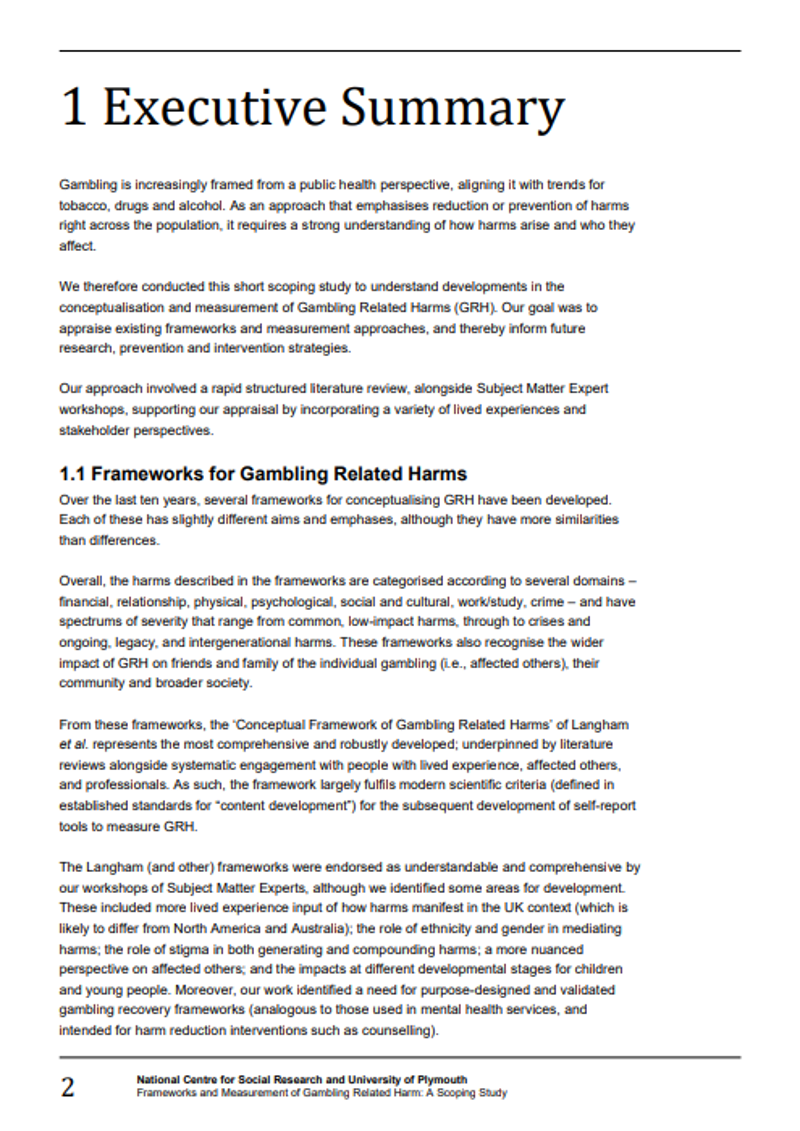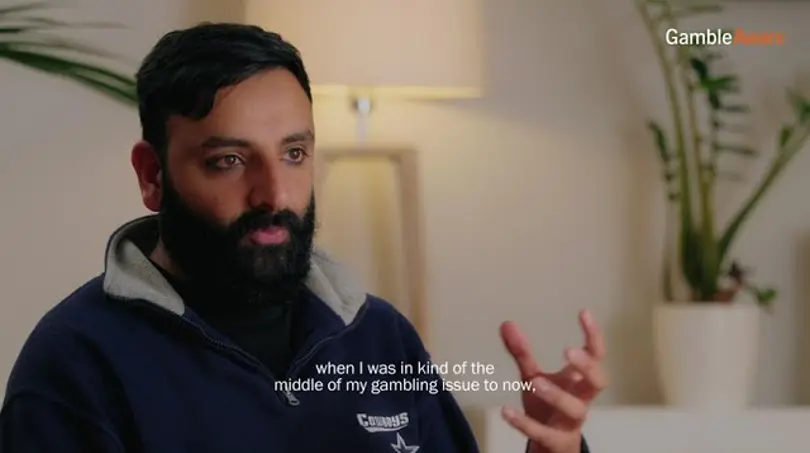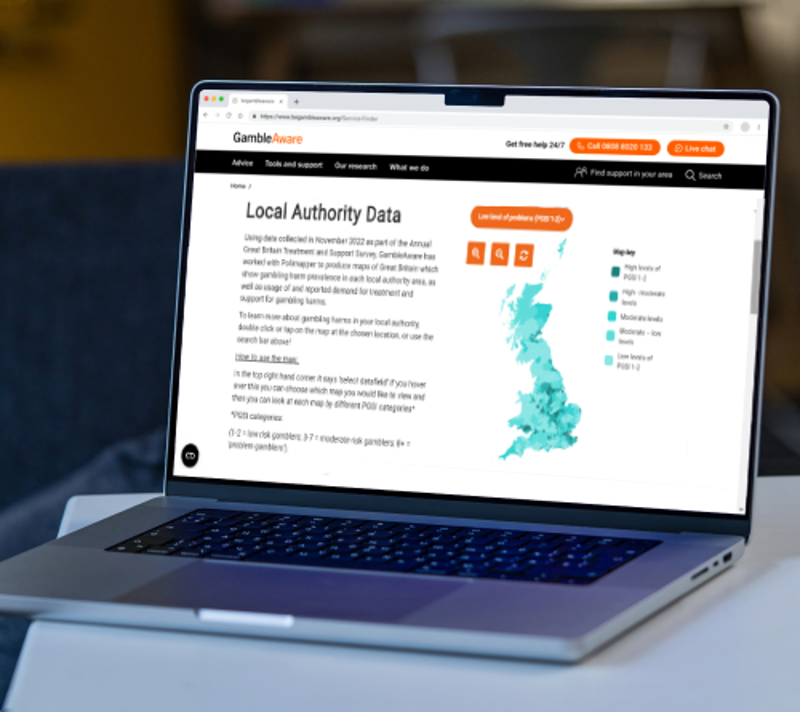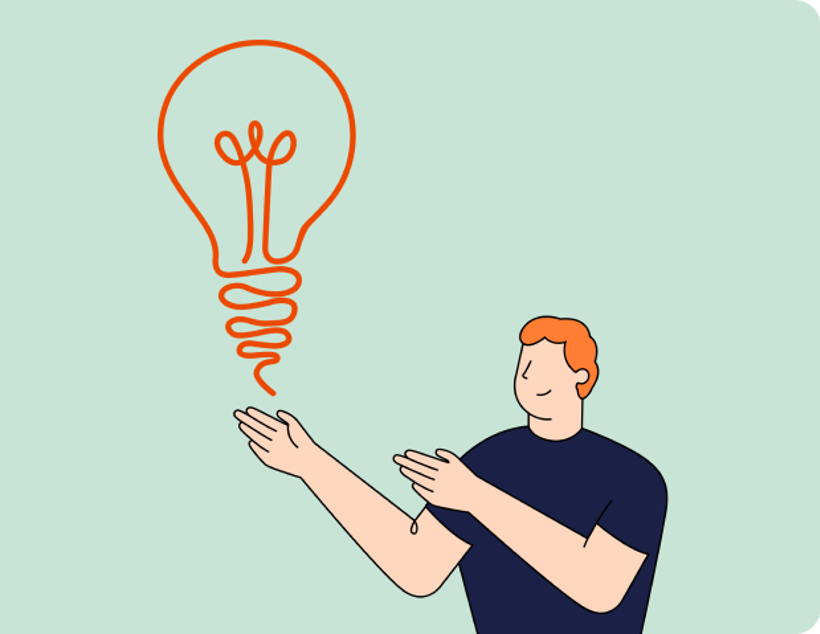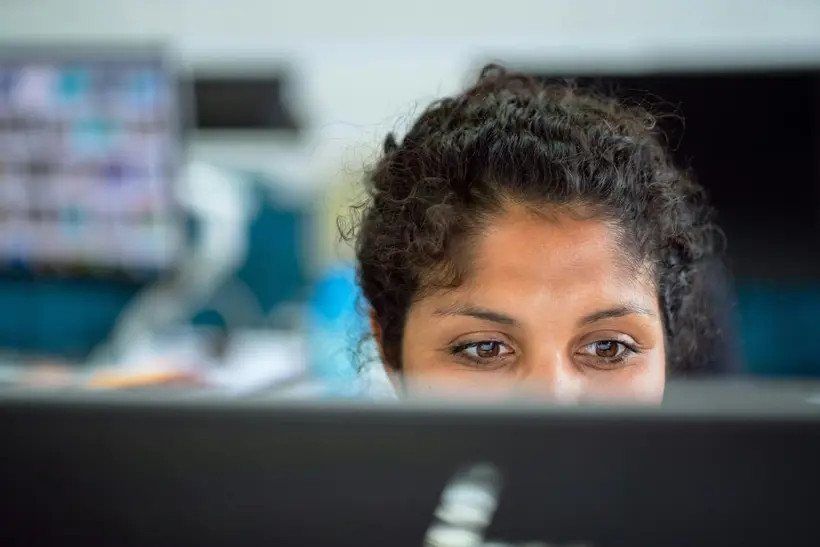Understanding gambling harms
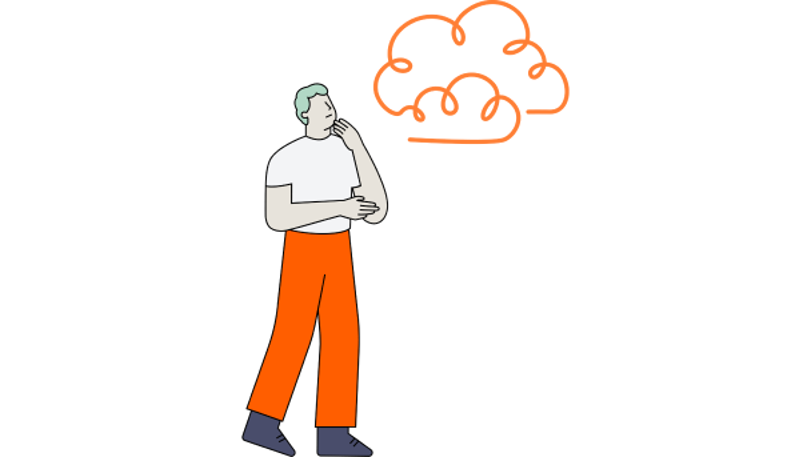
We’re working to understand more about how gambling harms develop, how they are measured, and the scale of these harms.
We’re also aiming to learn more about the needs of specific communities or populations, and the experiences and views of people affected by gambling harms, so that we can make a difference.

